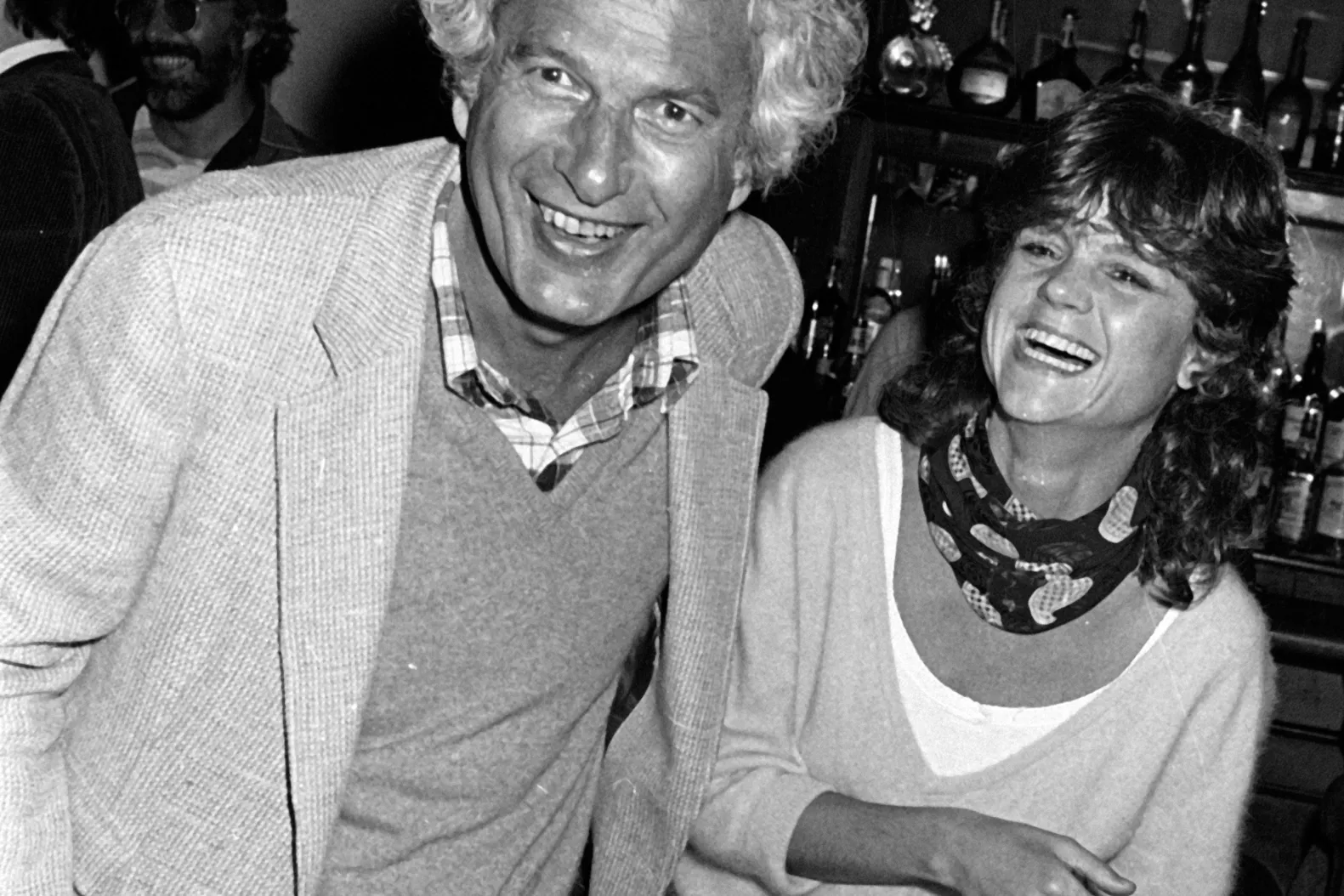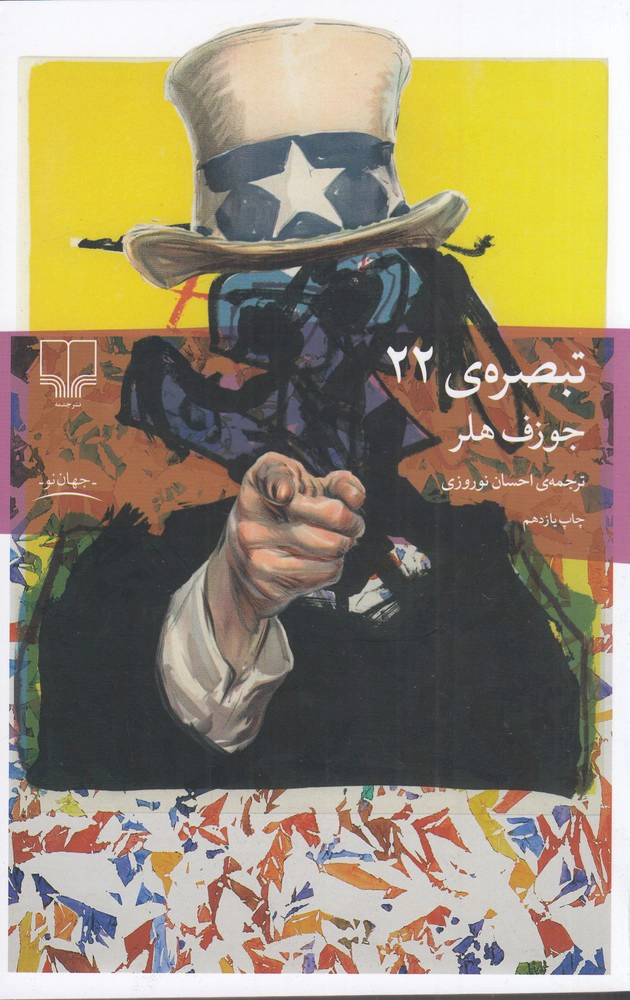Joseph Heller
جوزف هلر
Joseph Heller was a prominent American novelist and satirist, best known for his influential and iconic novel Catch-22, which holds a distinguished place as one of the greatest and most important works of twentieth-century American literature. Born on May 1, 1923, in Brooklyn, New York, to a Jewish immigrant family, Heller experienced a difficult childhood after the death of his father when he was only five years old. After finishing high school, he joined the U.S. Army Air Forces in 1942 and served as a bomber pilot in Italy during World War II—an experience that profoundly shaped his worldview and writing.
After the war, Heller studied literature at Columbia University and later at Oxford University as a Fulbright scholar, eventually teaching at the University of Pennsylvania. His works often explore themes such as the absurdity of war, the irrationality of bureaucratic systems, modern alienation, and moral contradictions. Heller’s satire is not intended merely to amuse, but to expose the bitterness and irony of reality. His characters frequently find themselves trapped in endless cycles of illogical rules and societal pressures.
Heller’s legacy lies in his profound impact on modern literature and language. The term “Catch-22” has entered the English lexicon as a metaphor for no-win, paradoxical, and absurd situations in the modern world. Through a blend of philosophical depth and dark humor, Heller dismantles the boundaries between sanity and madness, heroism and submission, and meaning and meaninglessness. His works go beyond mere reflections on war—they represent an exploration of power, rationality, and human freedom in modern society. With biting irony, Heller reveals how modern individuals are ensnared in a web of conflicting rules and logics, suggesting that liberation is possible only through awareness, rebellion, and personal self-realization.
جوزف هلر (Joseph Heller) نویسنده و طنزپرداز برجستهی آمریکایی است که بیش از هر چیز بهخاطر رمان معروف و تأثیرگذارش «تبصره 22» (Catch-22) شناخته میشود؛ اثری که بهعنوان یکی از بزرگترین و مهمترین رمانهای قرن بیستم در ادبیات آمریکا جایگاهی ویژه دارد. هلر در اول مه 1923 در بروکلین، نیویورک، در خانوادهای یهودی و مهاجر زاده شد. او دوران کودکی نسبتاً سختی را گذراند، چرا که پدرش زمانی که او تنها پنج سال داشت درگذشت. پس از اتمام دبیرستان، در سال 1942 به نیروی هوایی ارتش آمریکا پیوست و در خلال جنگ جهانی دوم به عنوان خلبان بمبافکن در جبههی ایتالیا خدمت کرد. تجربهی جنگ تأثیری عمیق بر ذهن و آثار او گذاشت.
پس از بازگشت از جنگ، در دانشگاههای کلمبیا و آکسفورد (بهعنوان بورسیهی فولبرایت) به تحصیل در رشتهی ادبیات پرداخت و سپس در دانشگاه پنسیلوانیا تدریس کرد. درونمایهی آثار هلر عموماً پوچی جنگ، بیمنطقی نظامهای قدرت، بیگانگی انسان مدرن، و تناقضهای اخلاقی است. طنز او نه برای خنداندن، بلکه برای آشکار کردن تلخی واقعیت به کار میرود. شخصیتهایش معمولاً در چرخهای بیپایان از قواعد پوچ و فشارهای اجتماعی گرفتارند. میراث هلر را باید در تأثیر عمیق او بر ادبیات و زبان معاصر جست. اصطلاح «Catch-22» بهخودی خود وارد زبان انگلیسی شد و به مثابه استعارهای از وضعیتهای بیخروج، تناقضآمیز و پوچ در جهان معاصر به کار میرود.
هلر، با نگاهی همزمان فلسفی و طنزآمیز، مرز میان عقل و جنون، قهرمانی و تسلیم، معنا و بیمعنایی را در هم میریزد و از این رهگذر، به یکی از صدایهای اصلی در نقد مدرنیتهی نظامی و بوروکراتیک بدل میشود. آثار جوزف هلر نه صرفاً بازتاب تجربهی جنگ، بلکه کاوشی در ماهیت قدرت، عقلانیت و آزادی انسان در جهان مدرن است. او در قالب طنزی تلخ، نشان میدهد که چگونه انسان مدرن در شبکهای از قوانین و منطقهای متناقض گرفتار شده است؛ شبکهای که گریز از آن تنها از مسیر آگاهی، شورش و خودآگاهی فردی ممکن است.


